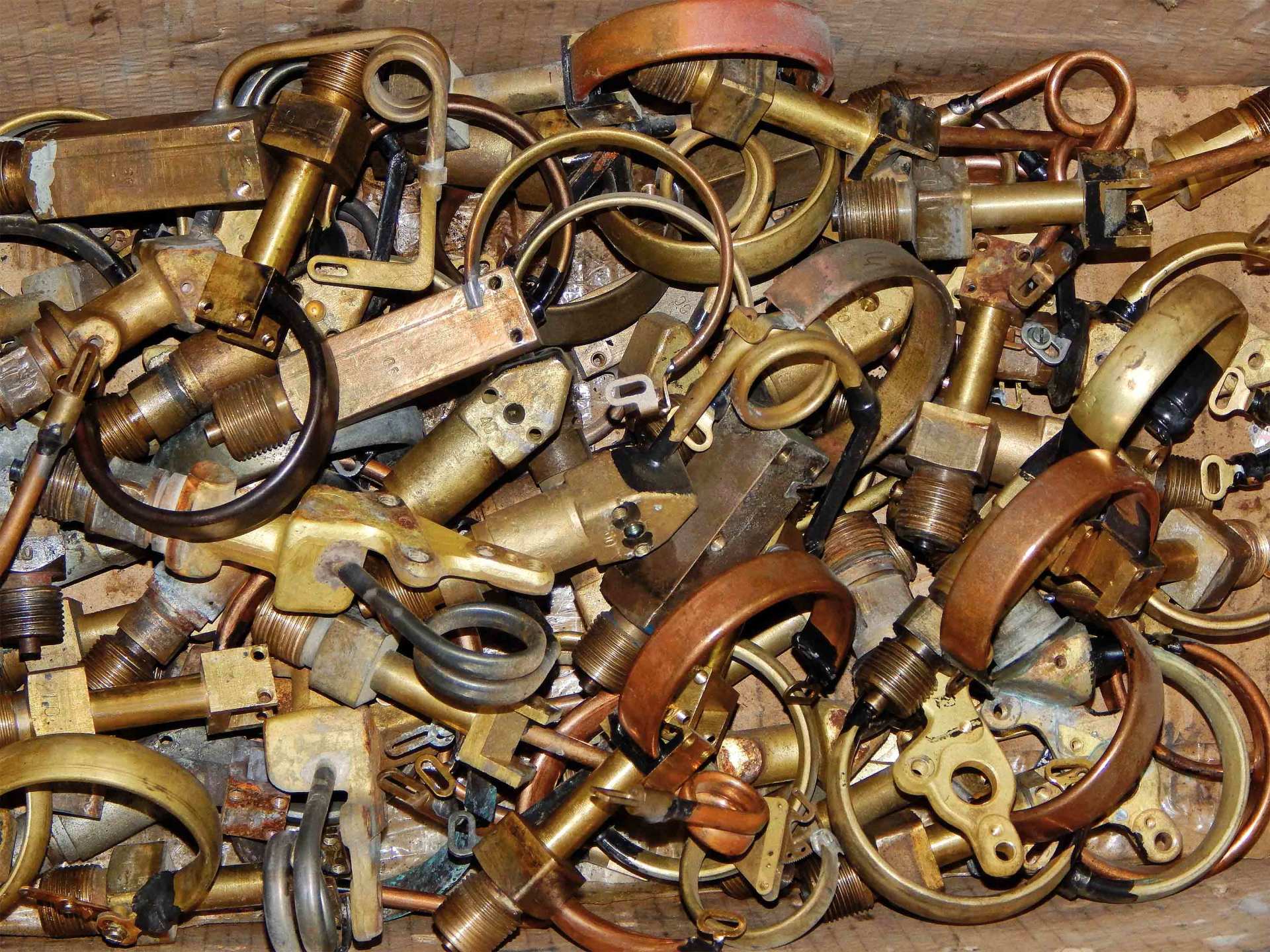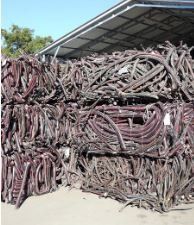717-354-4720
Aluminium Recycling Services near Reading, PA
- Copper
- Aluminum Copper Coils
- Brass
- Lead
- Diecast
- Aluminum
- Stainless Steel
- Batteries
- Cans
- Transformers
- Electric Motors
- Aluminum Shavings
- Insulated Aluminum
- Radiators
- Alloys
- Electric Meters
- Water Meters
- Insulated Copper Wire
- Figure 8 Cable
- Heater Cores
- High Grade Metals
- Wire
- Wheels
- Steel, made by adding iron to carbon, which serves to harden the iron.
- Carbon steel, containing a higher carbon content, which makes it exceptionally hard, and common in machine tools.
- Alloy steel, including stainless steel, made using chromium and a popular metal used in construction projects.
- Cast iron, an alloy made from iron, carbon, and silicon, that is resistant to wear and frequently found in water pipes and automobile engines.
- Wrought Iron, an alloy containing very little carbon and mostly pure iron, used often in creating nails, chains and barbed wire.
- Scrap iron, and other irons found in industry and in machinery and component parts.
Frequently Asked Questions (FAQ)
What Is Involved in Non-Ferrous Aluminum Recycling?
At Beartown Recycling, our non-ferrous aluminum recycling encompasses the thorough collection and meticulous processing of aluminum materials that do not contain iron. This environmentally conscious process significantly contributes to reducing the environmental impact and conserving scarce natural resources in Reading, PA. It’s an efficient way to ensure that materials are reintegrated into the manufacturing cycle.
How Do Aluminum Recycling Services Aid the Environment?
Our aluminum recycling services play a vital role in minimizing waste, conserving limited natural resources, and substantially reducing energy consumption compared to using raw materials. By choosing to recycle aluminum, individuals and businesses actively participate in promoting environmental sustainability and significantly reducing their ecological footprints in the community and beyond.
What Makes Beartown Recycling the Best Choice for Recycling Services?
Beartown Recycling provides premier non-ferrous aluminum recycling services, specifically designed to meet the diverse needs of the Reading, PA, community. Our efficient services, coupled with competitive pricing, ensure that recycling is not only beneficial but also easily accessible for all our clients, promoting broader community involvement in sustainable practices.
Can You List the Types of Materials Accepted for Recycling?
Beartown Recycling proudly accepts a wide array of non-ferrous metals, such as aluminum, copper, and other metals that are free of iron. We guide our clients through a seamless recycling process, advising them to remove any non-metal attachments or parts prior to recycling to facilitate a smoother operation and ensure the purity of the materials recycled.
How Do I Get in Touch With Beartown Recycling?
For any inquiries or if you require assistance concerning our aluminum recycling services, you can reliably call us at (717) 354-7734. We are steadfast in our commitment to making recycling accessible, efficient, and supportive for everyone in Reading, PA. Contact us to see how we can help facilitate your recycling needs and contribute to environmental conservation.



